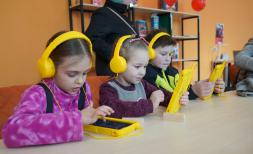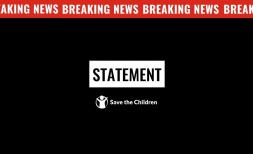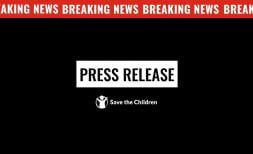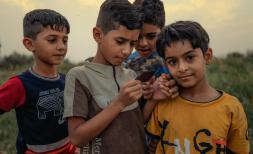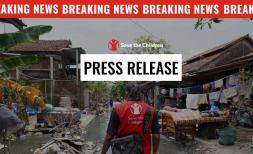New Report: Pushbacks, violence and humiliation for child migrants crossing European borders
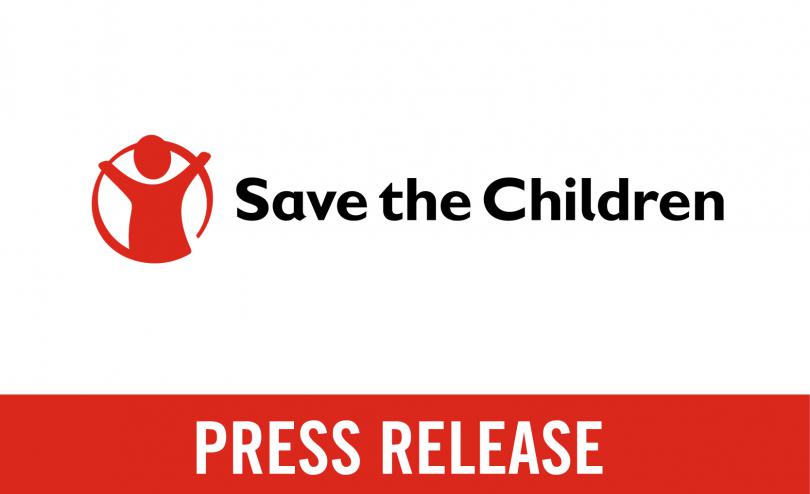
ROME, 17 June 2021 – Migrant children travelling alone continue to face abuse and pushbacks at border crossings, arriving to and through Europe, as the number of unaccompanied child migrants soars, according to a new report by Save the Children.
With the arrival of warmer weather, there has been a substantive increase in the numbers of children crossing European borders. Between April and May 2022 alone, there was a 329% increase in the number on unaccompanied children in Oulx and Claviere in Italy, trying to cross the border in through the mountain range into France. On the other side of Italy in Trieste on the Slovenian border, this number has increased by 58%.
These journeys to and through Europe can last from months to years, with children walking through woods and mountain ranges, often at night.
Child migrants continue to be rejected at borders and sent back to non-European countries, as well as to Italy from France, but many try again, sometimes up to 20 times, until they cross successfully – often in dangerous and desperate ways. There are some reports of adolescents dying while travelling outside and in Europe, from being electrocuted by trains to being victim of accidents in their pathway.
Children travelling alone are at a heightened risk of abuse, mistreatment, exploitation, and violence, including trafficking. At Europe’s external borders, the testimonies of violent and humiliating treatment are many and harrowing.
Javed*, a 17-year-old from Afghanistan who crossed the border between Turkey and Bulgaria said:
“The policemen unleashed the dog on me, this pulled me and I started screaming because he had bitten my foot twice. […]. They gathered around the fire to drink wine and made us lie naked on our backs. (…) They made us lie on the ground in the cold and laughed at us.”
As of April 2022, there were 14,025 unaccompanied foreign minors in the Italian reception system, according to data from the Ministry of Labour and Social Policies. The majority are boys, and almost 70% are between 16 and 17 years old. Children from Ukraine currently make up the largest number at about 28%, followed by children from Egypt, Bangladesh, Albania, Tunisia, Pakistan, Côte d'Ivoire, and Afghanistan.
Though those fleeing Ukraine make up the majority of new arrivals in Italy, they are often hosted by relatives or foster families, and are free to cross borders in the European Union with no pushbacks. There is a stark contrast in the treatment of children from other countries.
Raffaela Milano, Director of Italy-Europe Programs at Save the Children Italy, said:
"Refugees from Ukraine, with admirable solidarity, are welcomed at motorway crossings with donations of food, clothes and a dignified treatment that does Italy and Europe honour. But in Northern Italy, clothes, documents, and other abandoned objects testify to the passage of people similarly fleeing from deprivation and violations of their rights, but coming from other states, forced to travel in the shadows, crossing borders in the dark to a Europe that closes its doors to them.”
The report, Hidden in Plain Sight, is based on interviews with migrant children along the border routes in Northern Italy. The children’s testimonies were collected by Save the Children together with journalist Daniele Biella. Between April and May 2022 the research team was in Trieste, point of entry into Italy for those who arrive through the so-called Balkan route, as well as in two other border areas of Northern Italy: in Oulx, Claviere and in Ventimiglia, at the border with France.
In a profoundly changed world scenario there are obvious traces of a two-tier refugee response in Europe, which is ready to open arms and doors for a population fleeing the conflict in Ukraine, but at the same time gloomy, brutal and willing to use unjustified force against defenceless people, "guilty" of not having valid documents for entry, in fact in the same way in need of a place to take refuge.
Save the Children is calling for the European Commission to adopt a Recommendation to Member States for the adoption and implementation of policies aimed at ensuring the full protection of unaccompanied minors at the external and internal borders of Europe and on the territories of the Member States, promoting their well-being and psychophysical development through strategies aimed at school and training inclusion and speeding up the procedures that concern unaccompanied minors, including family reunification.
We also ask European governments to refrain from using practices that erroneously distinguish between categories of refugees, respecting international law and the principle of non-refoulement, allowing access to all asylum seekers, and to extend established good practices.
ENDS
